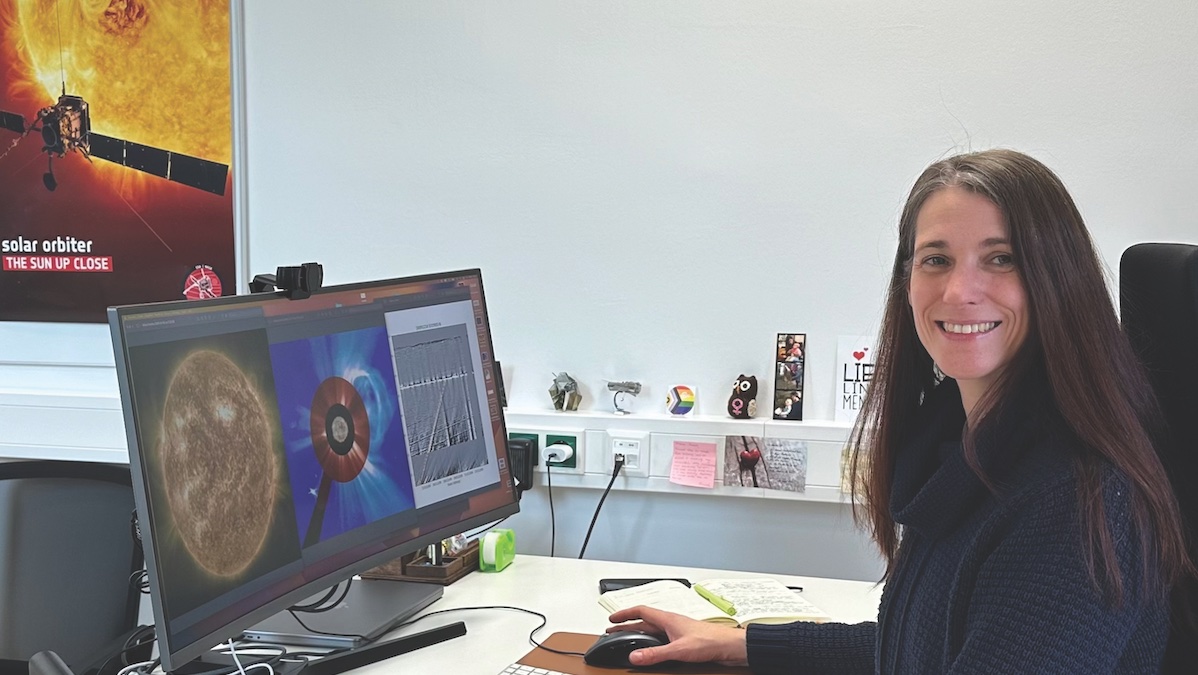An Earth and planetary scientist is most at home in cold places that mimic the worlds of the outer solar system.
Features
Devon Parfait: Using Earth Science to Support Coastal Residents
At every step of his career, a coastal resilience expert has worked to protect his community.
Thanh Huong “Helen” Nguyen: Chasing Down Pathogens
An environmental engineer addresses some of public health’s biggest problems.
Samantha Montano: Helping Communities Recover
A disasterologist has a passion for making emergency management systems more just and equitable.
Sarah Minson: A Collaborative Quake Career
A geophysicist thrives on teamwork at the U.S. Geological Survey.
Cate Larsen: Teaching About Rocks
A geocommunicator uses the connective power of social media to bring geology to the masses.
Alexander Farnsworth: Finding Fact in Climate Fiction
A paleoclimatologist uses his modeling skills for both science and sci-fi.
Aliyah Griffith: Ocean Scientist, Explorer, Mermaid
A marine biologist is studying coral reefs and making ocean sciences more tenable for young explorers.
Tanja Amerstorfer: Forecasting Space Weather
The deputy head of the Austrian Space Weather Office built a supportive network.
Riley Black: Bringing Fossils to Life
A fossil hunter paints visceral pictures with words about the lives of dinosaurs and other prehistoric creatures.










